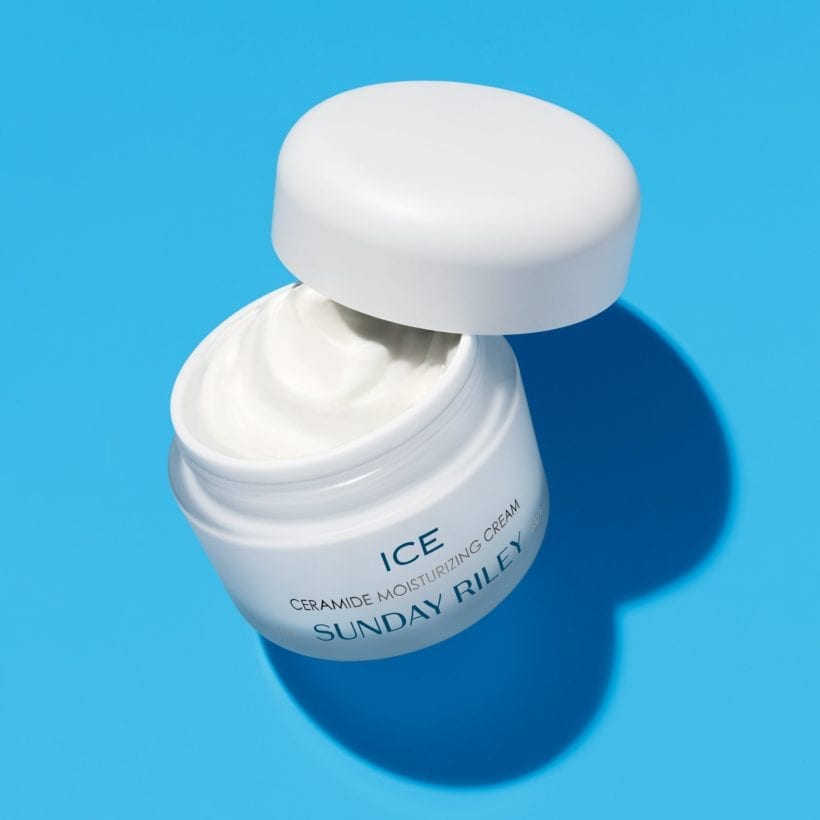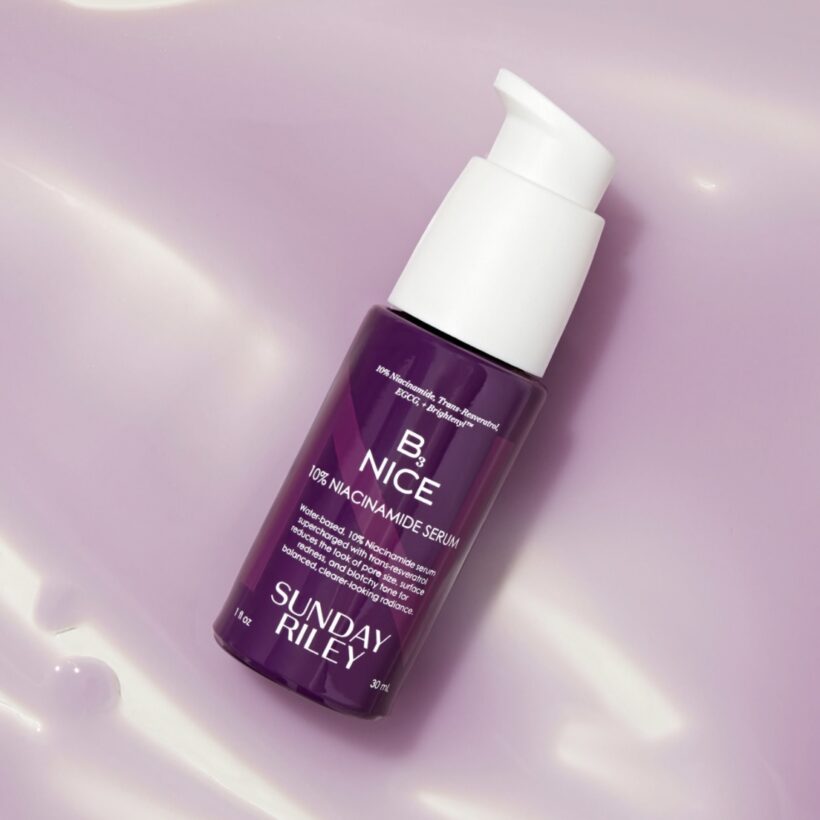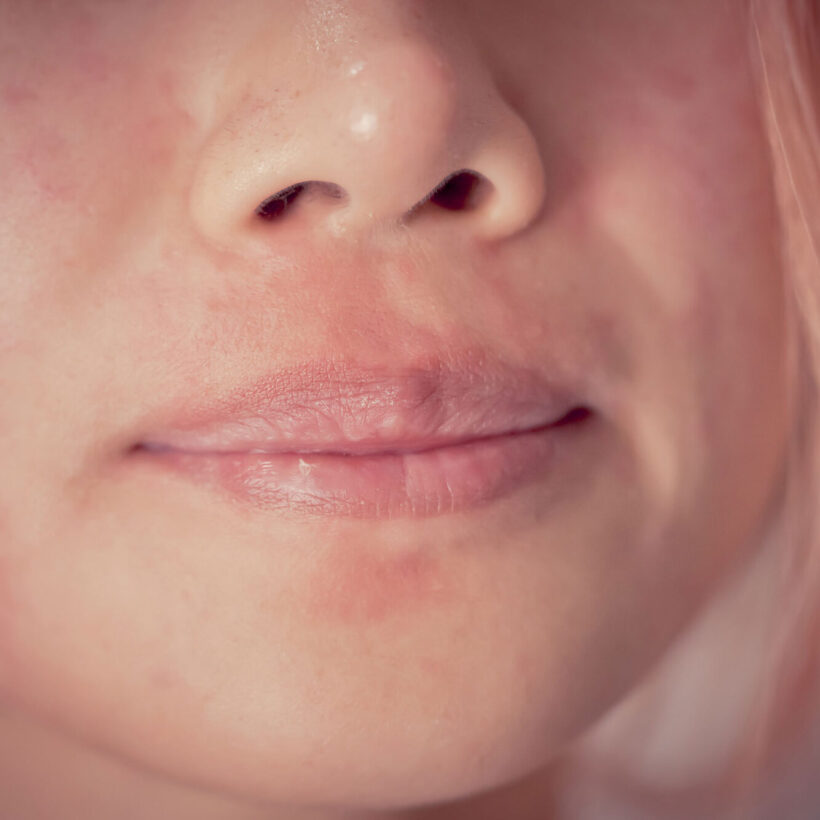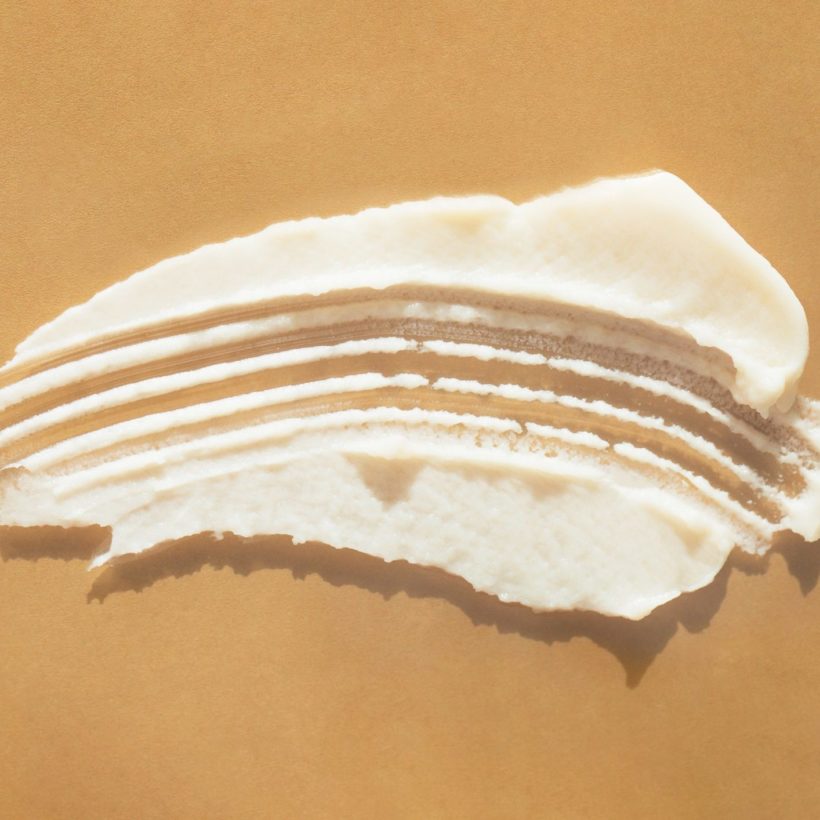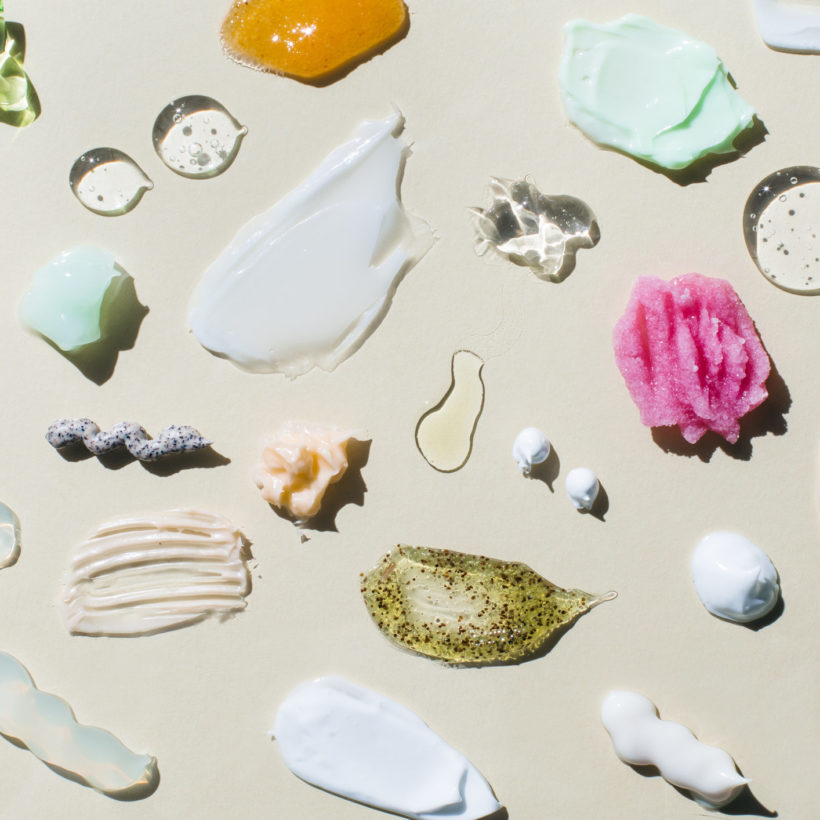Once upon a time, taking care of your “skin barrier” was a buzzy new trend. In the few years since, it’s turned into straight-up skincare canon — that is, you have to prioritize your skin barrier. These days, everyone’s more aware of the state of this all-important lipid layer, which can influence everything from dryness to breakouts.
Meet the Experts
Hadley King, M.D. is a board-certified dermatologist in New York City.
That’s partly because the skin barrier serves as the first line of defense against external aggressors — think microbes and pollutants — as well as a shield for moisture, helping skin retain the water it needs to function properly. Maintaining a strong skin barrier helps it do that essential work and requires a multifaceted approach, including “moisturizers that contain humectants to hydrate the skin, emollients to support the skin barrier, and occlusives to help lock in moisture,” says Hadley King, M.D., a board-certified dermatologist in New York City. “It’s important to use all three.”
And, of course, avoiding anything that can damage your skin barrier is helpful. However, this last point isn’t always so straightforward. While you might think of harsh cleansers and enthusiastic exfoliation as two big sources of barrier damage — which they definitely are — there are more under-the-radar situations that call for additional barrier support, too, including times you might not even realize your skin barrier is compromised or think you necessarily need it. With that in mind, consider these four scenarios that require extra TLC for your barrier.
During cold weather
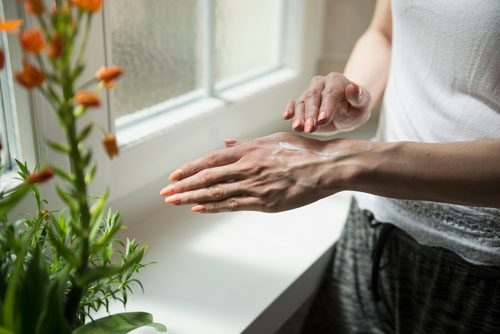
Spring is nye, but the wintery weather seems to be staying put for many of us. While the cold weather seems like an obvious time in which the skin barrier is compromised — since cold air holds less moisture and saps it from your skin — that’s not the only reason winter is the prime time for dryness. On top of that, it’s “dry heat from heaters that can dry out our skin,” says Dr. King; indoor heat only makes air drier and therefore more likely to borrow moisture.
Ultimately, whatever the source, she says, “any environment that has lower humidity can increase transepidermal water loss.” So to keep your skin covered — and comfy — try our Ice Ceramide Moisturizing Cream. It’s blended with sodium hyaluronate and glycerin (which act as humectants), ceramides and squalane (which serve as emollients), and botanical oils, such as castor seed oil (which function as occlusives).
You have a skin condition
Got a rash, bumps, or redness that won’t quit? Consider stepping up your barrier support. “Any skin condition that compromises the skin barrier, such as rosacea, eczema, and psoriasis, may benefit from products that support the skin barrier,” says Dr. King. (FYI: You might want to check with your doctor first if you’re unsure what you’re working with; some, like eczema, can be confused for dry skin.)
When you’re sleeping

No matter how gentle your skincare routine might be, your skin barrier can still be compromised. In fact, it happens on a nightly basis — to everyone. Blame your circadian rhythm. A study in the Journal of Investigative Dermatology found that the skin’s permeability is higher overnight, leading to a higher rate of transepidermal water loss (in which skin evaporates from skin) and increased inflammation.

Ultimately, that leaves skin dehydrated, tight, and even itchy by the time your alarm goes off. One possible reason for this, per research? Since nighttime is when skin goes into repair mode, there’s an increase in circulation to the skin, which increases body temperature and may inadvertently weaken the barrier.
A dedicated night treatment, like Luna Sleeping Night Oil, can go a long way. Not only does it include trans-retinol to gently firm and smooth skin, but it also contains a blend of avocado and chia seed oils, which are packed with the fatty acids needed to replenish the barrier. Bonus points: It also has chamomile-based oils that can help soothe inflammation.
After an in-office treatment
Have an appointment with your derm? First, consider stocking up on barrier-repair ingredients. “When we disrupt the skin barrier during procedures like laser resurfacing, chemical peels, or microneedling, it’s also important to support the skin barrier to help with healing,” says Dr. King. (Just as important is what not to use, like retinol and chemical exfoliants.)
Instead, she recommends seeking occlusive ingredients, which can help lock in that moisture while skin heals, and dedicated wound-healing factors. One good option is the B3 Nice 10% Niacinamide Serum; niacinamide is famously soothing and offers wound-healing properties for a one-two punch of comfort.
The bottom line: Even if you’re sticking with a gentle cleanser and tailoring your exfoliation routine to your needs, there are other super-common (yet lesser-known) moments where skin would benefit from extra barrier repair. Staying in tune with your skin, whether it feels dry, looks dull, or needs a little time to recover from a treatment, will make identifying these times much easier — and keep skin healthy and radiant.
We only recommend products we have independently researched, tested, and loved. If you purchase a product found through our links, Sunday Edit may earn an affiliate commission.

